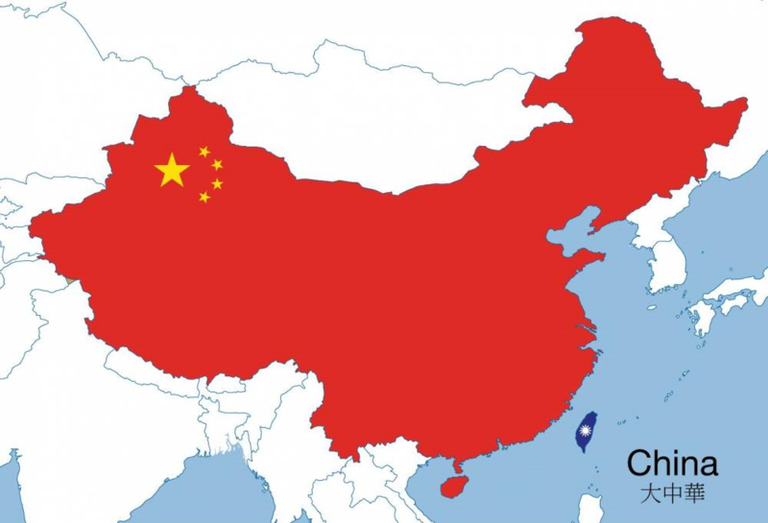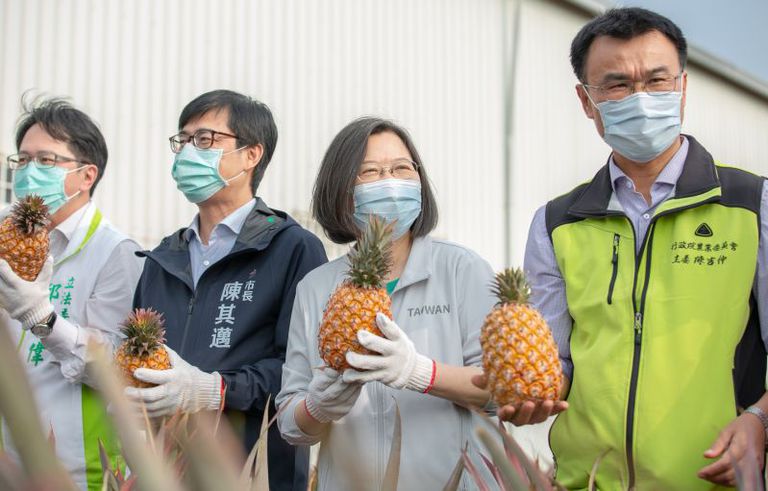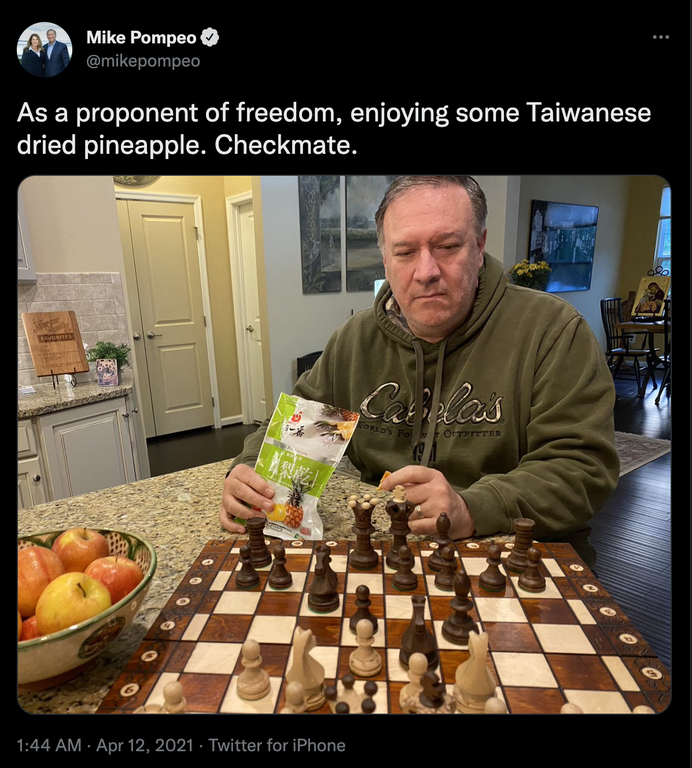
When you see a pineapple, what do you think? Summertime at the beach, a Hawaiian pizza, or perhaps a Piña Colada? Any of these, or all at the same time sounds great right now. So why then did we choose a pineapple to be the symbol of our flagship podcast, Freedom FANatics? Well, the playful pineapple is more than a sweet fruit, it’s also a potent political symbol.
Pineapples no more!
Taiwan, also known as the Republic of China, is an independent, sovereign island-state off the coast of mainland China – the People’s Republic of China. Annually, it produces around 420 000 metric tons of pineapples. While it is mostly consumed locally, China is the biggest importer of Taiwan’s spikey fruit – or rather was the biggest importer, until March 1st 2021, when China banned them.
China cited pests as the reason for the ban, a “biosafety measure” according to a spokesperson for Beijing’s Taiwan Affairs Office. However, the Taiwanese did not believe it and considered it an explicit political move to undermine Taiwan.
A brief background to Taiwan-China relations
In 1949, China and Taiwan separated when the Chinese civil war ended. The communists defeated the nationalist Kuomintang (KMT) party and its leader, Chiang Kai-shek retreated to Taiwan. Since then, the ruling Chinese Communist Party has viewed Taiwan as a rebel province and vows to ‘re-unify’ the self-governing, democratic nation of 23 million people, with mainland China.

China and Taiwan. Image source here.
In recent years, China has heightened tensions by intensifying its reintegration ambitions, saying that it would use force if necessary. Increasingly, Chinese surveillance aircrafts and warships have been seen near Taiwan – a military flex. These combined with disintegrating diplomatic relations between the two countries have raised fears that a conflict could be imminent. The US has close unofficial ties with Taiwan and supports the democratic island. In 2021 US President Joe Biden said that the US would defend Taiwan were it to come under attack by China.
Considering the Russian war in Ukraine, it’s clear that the situation in the Taiwan Strait is no joke – a powder keg waiting to be sparked.
“Eat Taiwan’s pineapples until you burst!”

Taiwanese President Tsai Ing-wen holding a #FreedomPineapple. Image source here.
This was the response to China’s pineapple import ban on social media from Tsai Ing-wen, the Taiwanese president. This kicked off a campaign to show support for farmers and Taiwanese agriculture. And so, the slogan #FreedomPineapples emerged.
The campaign was a massive success. Restaurants started including pineapples in popular recipes, rival political parties both shared hundreds of photos of them posing with pineapples, and new orders were made from around the world, including Japan, Vietnam, Singapore, Australia, and Middle Eastern countries. This boosted sales and revved up patriotic attitudes from locals.

Have a FAN Piña Colada
The Taiwanese made the pineapple a political symbol synonymous with freedom, democracy, and standing up against authoritarian bullies. Defending Taiwan and its sovereignty is globally viewed as important for defending liberal and democratic values. This resonates with us at FAN, as we aim to make the case for liberty in everything we do. We’ve given the pineapple a South African flair to show that liberal values, such as the rule of law and freedom of speech, are essential to our country flourishing.
